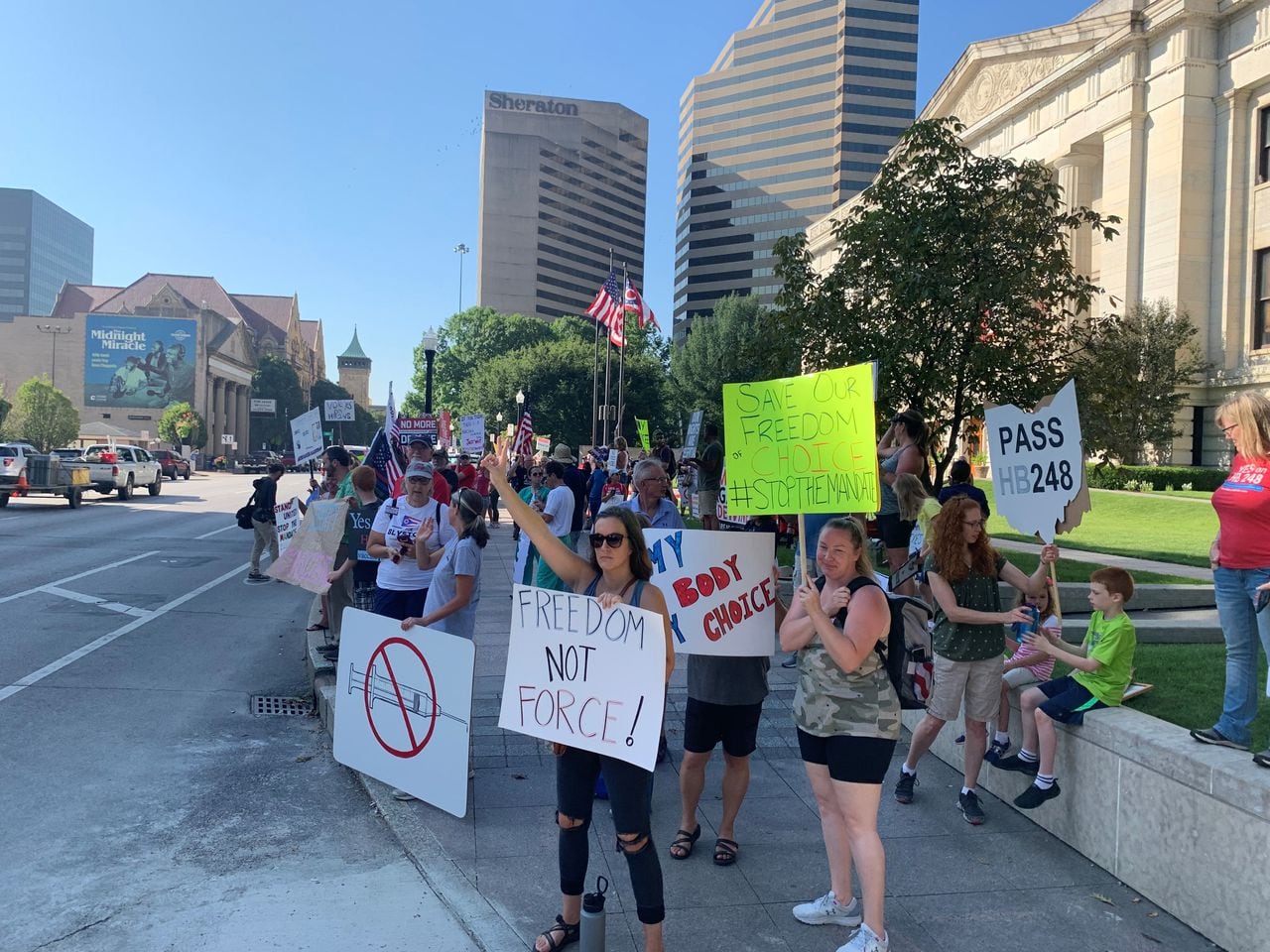Rates of routine childhood vaccination hit a 10-year low in 2023. That, according to the Centers for Disease Control and Prevention, puts about 250,000 kindergartners at risk for measles, which often leads to hospitalization and can cause death. In recent weeks, an infant and two young children have been hospitalized amid an ongoing measles outbreak in Philadelphia that spread to a day care center.
It’s a dangerous shift driven by a critical mass of people who now reject decades of science backing the safety and effectiveness of childhood vaccines. State by state, they’ve persuaded legislators and courts to more easily allow children to enter kindergarten without vaccines, citing religious, spiritual or philosophical beliefs.
Growing vaccine hesitancy is just a small part of a broader rejection of scientific expertise that could have consequences ranging from disease outbreaks to reduced funding for research that leads to new treatments. “The term ‘infodemic’ implies random junk, but that’s wrong,” said Peter Hotez, a vaccine researcher at Baylor College of Medicine in Texas. “This is an organized political movement, and the health and science sectors don’t know what to do.”
Changing views among Republicans have steered the relaxation of childhood vaccine requirements, according to the Pew Research Center. Whereas nearly 80 percent of Republicans supported the rules in 2019, fewer than 60 percent do today. Democrats have held steady, with about 85 percent supporting. Mississippi, which once boasted the nation’s highest rates of childhood vaccination, began allowing religious exemptions last summer. Another leader in vaccination, West Virginia, is moving to do the same.
An anti-science movement picked up pace as Republican and Democratic perspectives on science diverged during the pandemic. Whereas 70 percent of Republicans said that science has a mostly positive impact on society in 2019, less than half felt that way in a November poll from…
Read the full article here

Leave a Reply